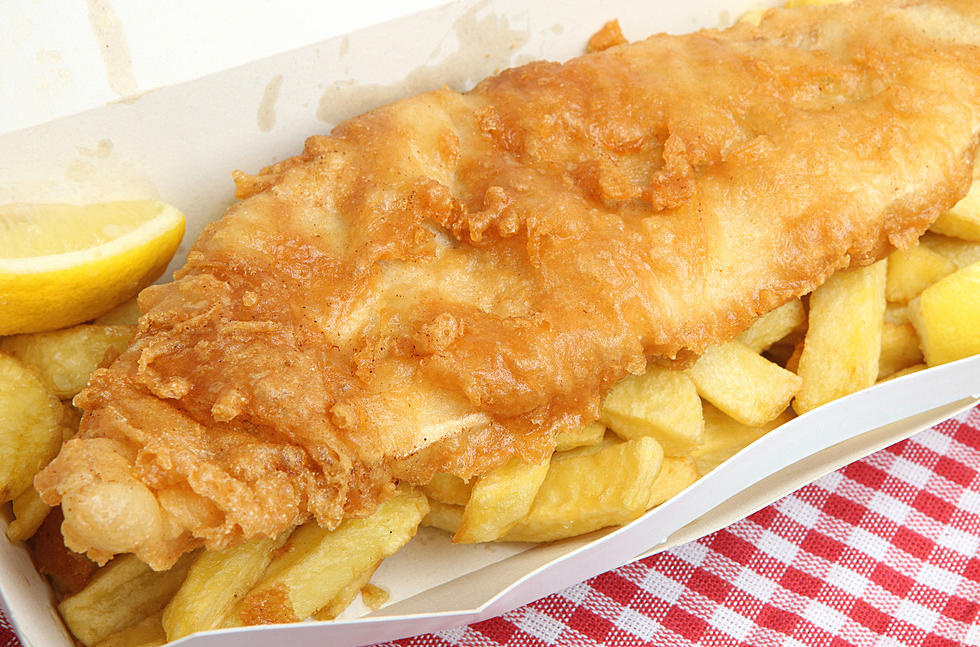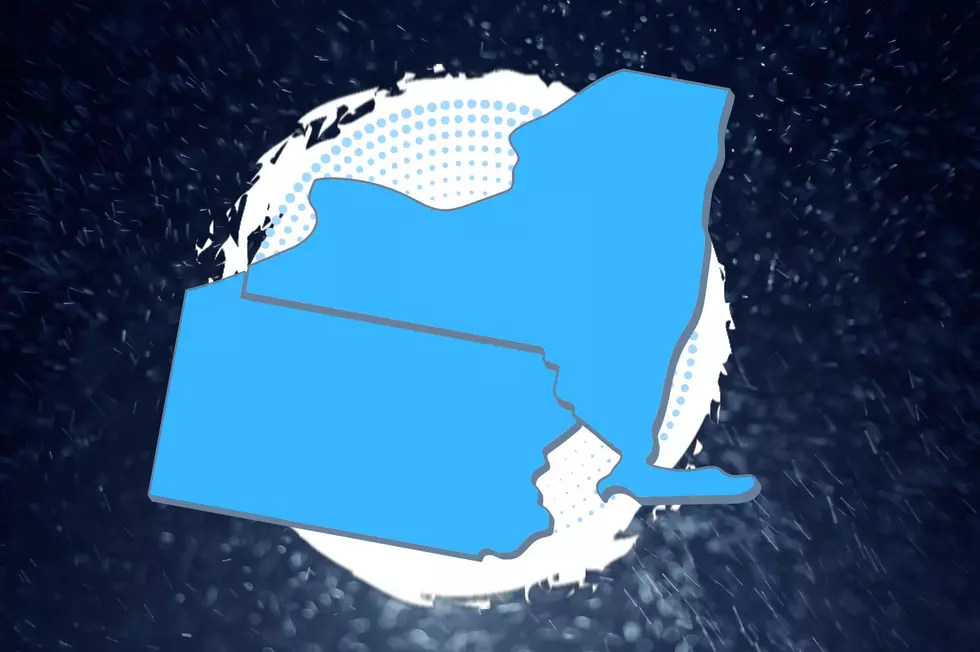
Seven Better Ways to Melt That Winter Snow & Ice Than Salt
Ah, winter has arrived. The Almanac website states that "The first day of winter in the Northern Hemisphere is marked by the winter solstice, which occurs on Wednesday, December 21, 2022, at 4:48 P.M. EST."
I'm so excited. Well, not really. Of the four seasons, this is the one I hate the most. But, we must carry on and deal with whatever the next few months will throw at us. Mostly, snow, ice, cold temperatures, and occasionally high winds.

In past years, I have had no issues dumping rock salt or ice melt on my driveway and front steps since they were in disrepair for so long, but this past year, I finally had the concrete steps repaired and a new driveway put in which looks amazing.
So now, I want to be careful when clearing each of the snow and ice, but putting down nasty rock salt or ice melt over time will eat away at both my new concrete steps and asphalt driveway, so what are my options? Plus for clearing the snow and ice on the back steps at my home, it's not safe for my dog's paws.
The Mr. Pavement website lists seven alternatives to using rock salt/ice melt that can help extend the life of your driveway but are also environmentally friendly. Three of those seven options include using sand, kitty litter, or calcium chloride.
One suggested option was new to me - used coffee grounds. The website mentions that those used coffee grounds absorb sunlight. Snow and ice will melt quicker and result in a non-slip surface. Unfortunately, I don't drink coffee, but my wife does, so maybe we will be saving those coffee grounds.
And Mr. Pavement suggests using sugar beet juice or vinegar. Sugar Beet juice lowers the melting point of ice and snow. Good to know. The seventh alternative is Alfalfa meal which is grainy and good for traction.
[via Almanac, Mr. Pavement]
TIPS: Here's how you can prepare for power outages
LOOK: The most extreme temperatures in the history of every state
More From 99.1 The Whale









